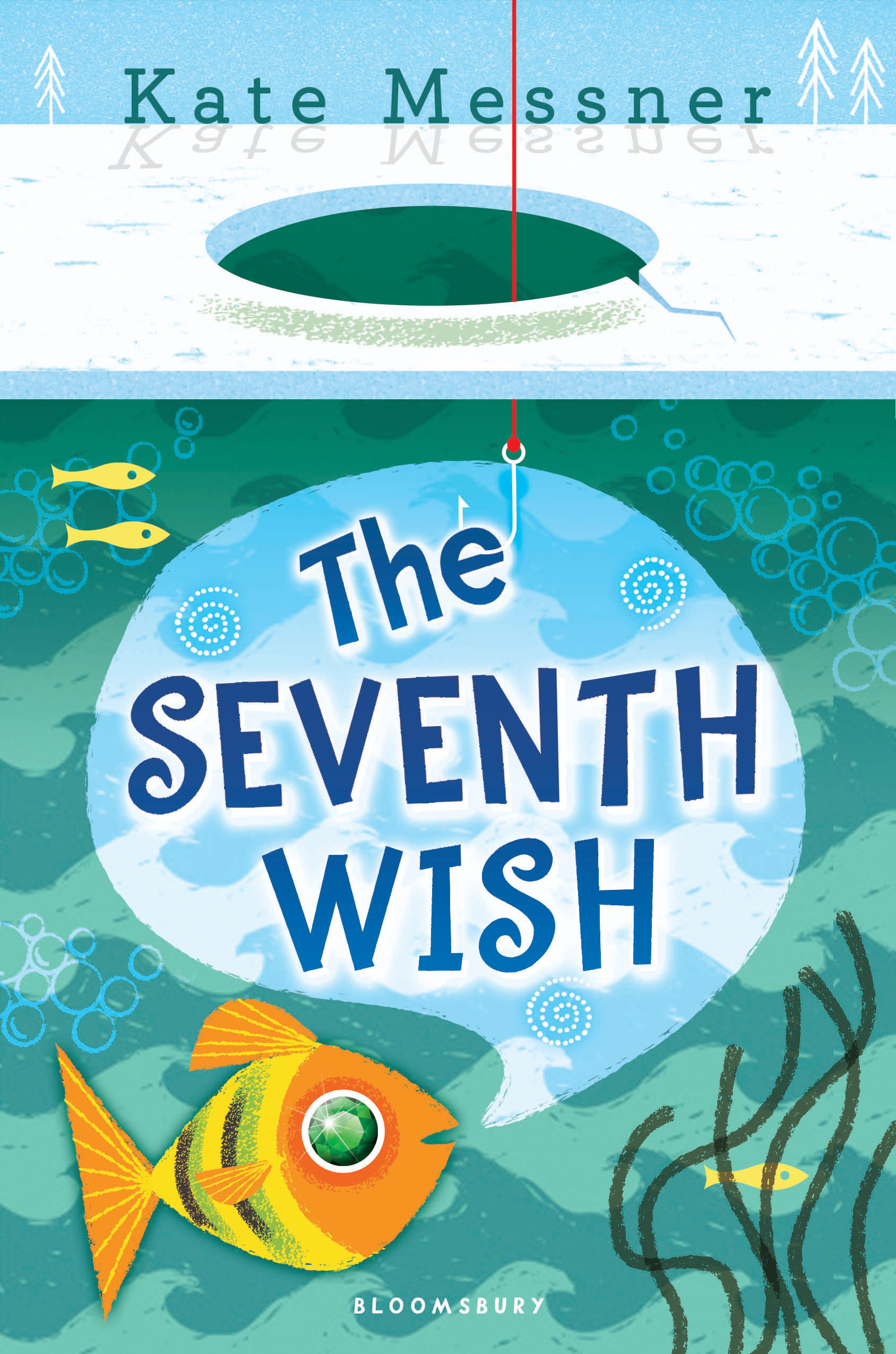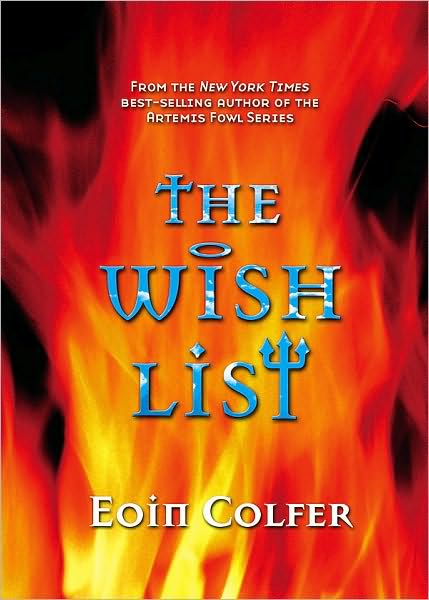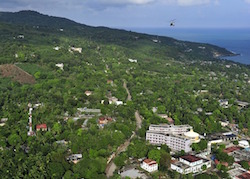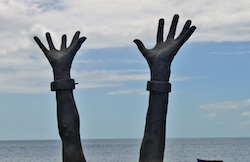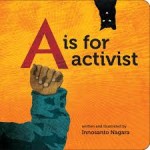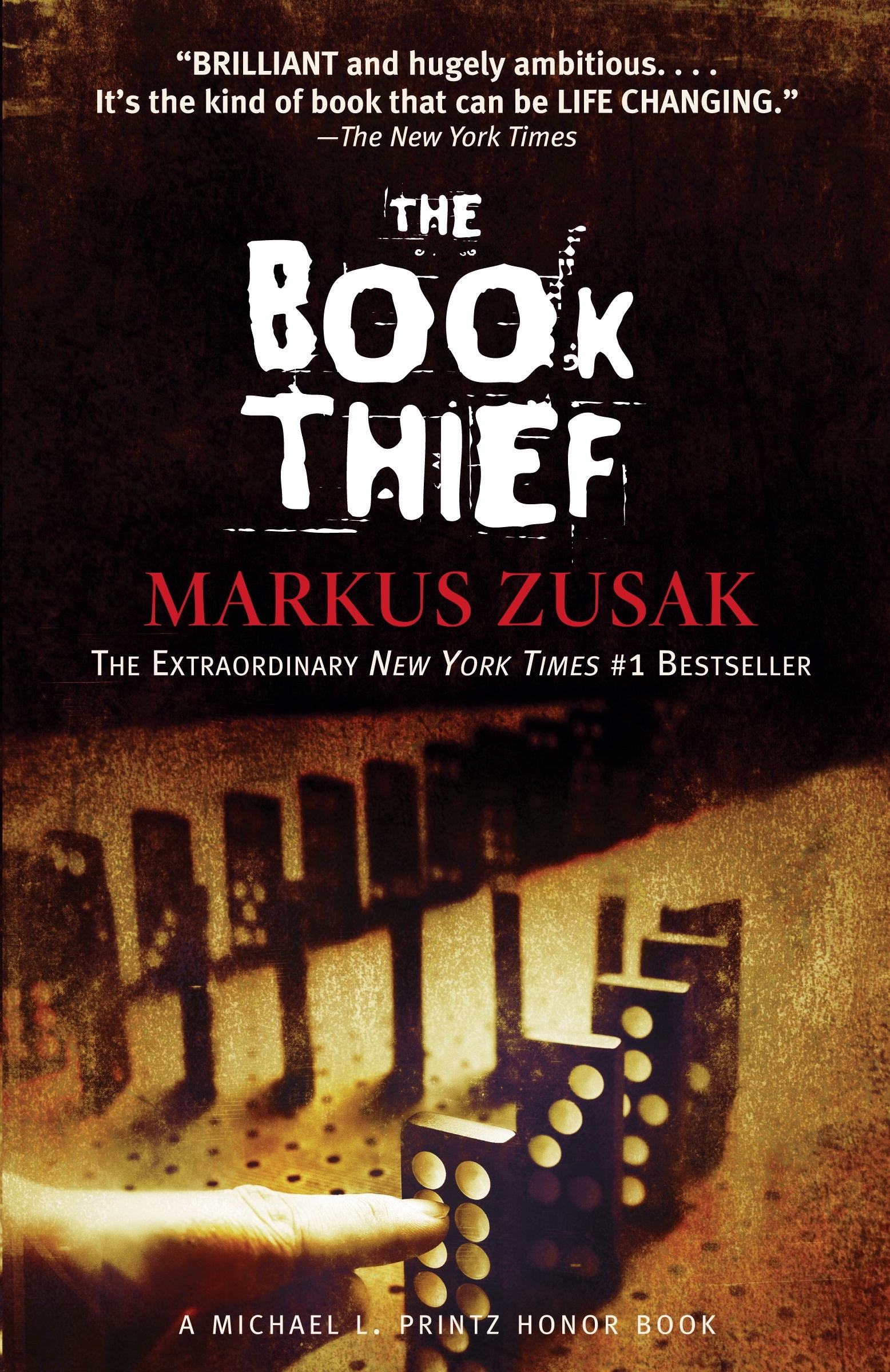By T. Gail Pritchard, Ph.D., University of Arizona
What do you wish for — Love? Health? Happiness? Friendship? Sometimes the wishes are for yourself, your family, a specific person, or even the world. This week’s blog takes a look at wishes made and how those wishes go awry, from wanting a friend to make the basketball team to wanting to be liked. In each case, when the wishes go awry, the wisher is left wondering how to undo those wishes. In the process, we learn about each of the wishers — who they are, aspects of their character, and what they most value. Are they foolish? Are they greedy? Or do they just want to help better themselves and their family?


